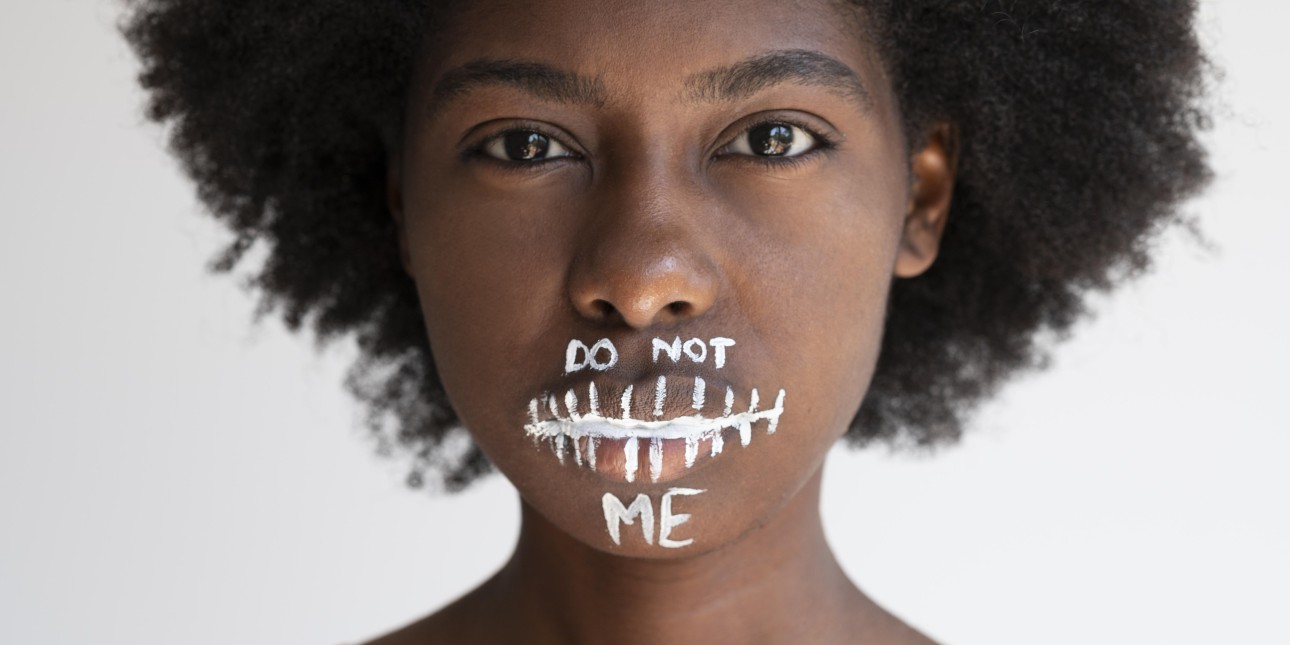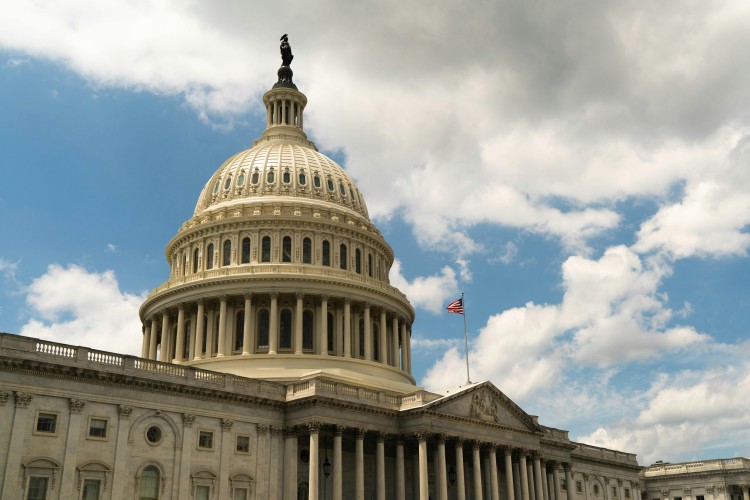Familial Trafficking

“In The Dark Clutches Of Betrayal”
Trapped in the clutches of deceit,
I am but a shadow, a whisper, a fragment of me.
Betrayed by those whom I thought I could trust,
My flesh and blood, leaving me beguiled and crushed.
Forced into darkness, where hope dares not to tread,
My soul is weary, my spirit all but dead.
Their greed and cruelty know no bounds,
Their hearts are as cold as the unforgiving grounds.
I am a pawn in their twisted game,
Their puppet, their possession, bearing their shame.
They sell my body, my dignity, my pride,
All in the name of power and greed, they do not hide.
But I am not just a victim, not just a pawn,
I am a survivor, a warrior, standing strong.
I will not be defined by their wicked ways,
I will break free from their suffocating maze.
For I am more than the sum of their schemes,
I am a fighter, a dreamer, fueled by hope's gleam.
I will reclaim my freedom, my worth, my voice,
I will rise from the ashes, and make my own choice.
Though the scars they leave may linger on,
I will not be silenced, I will not be gone.
I am a survivor, unbreakable and brave,
And I will write my own ending, from darkness to light, from victim to saved.
-Dasha
January is designated as Human Trafficking Awareness Month. Human trafficking is a global issue that has been a concern for many decades. It involves the exploitation of men, women, and children for various purposes such as forced labor, sexual exploitation, and servitude. One form of human trafficking that is often overlooked is familial trafficking. Familial trafficking occurs when family members or close relatives exploit their family members for financial gain or personal benefits.
What is Familial Trafficking?
Familial trafficking involves the exploitation and abuse of family members by their relatives. This can take various forms, including forced labor, sexual exploitation, domestic servitude, and child marriage. The perpetrators of familial trafficking may be parents, siblings, aunts, uncles, or other close relatives who use coercion, manipulation, and threats to control and exploit their family members. Familial trafficking often goes unnoticed or under-reported due to the complex dynamics of family relationships, fear of retribution, and lack of awareness about the issue. Those experiencing familial trafficking may feel trapped and isolated, unable to seek help or escape from their abusers.
The impact of familial trafficking on young people is devastating and long-lasting. It can result in physical and psychological trauma, loss of autonomy, and disrupted familial and social relationships. Those experiencing familial trafficking may experience feelings of shame, guilt, and helplessness, leading to their continued exploitation and abuse. Children who are trafficked by their family members may suffer from stunted physical and emotional development, and their education may be disrupted, perpetuating the cycle of poverty and vulnerability.
Contrary to popular belief, familial trafficking is not just a problem in developing countries; it occurs in various parts of the world, including developed nations. It is often misunderstood, making it challenging to address and combat effectively. Familial trafficking often goes unidentified, because of the complex nature of it happening at home or by those closest to the individual and due to the prevalence and complexity of familial trafficking. As a result, survivors of familial trafficking may not receive the necessary support, protection, and resources to break free from their abusers and rebuild their lives.
Taking Action
To combat familial trafficking, individuals can take proactive steps to raise awareness, advocate for policy changes, and support those impacted. One of the most critical actions individuals can take is to educate themselves and others about the signs and indicators of familial trafficking. This includes understanding the dynamics of familial abuse, coercion, and control, as well as recognizing the vulnerabilities and risk factors that contribute to familial trafficking. By being informed, individuals can be more vigilant and responsive to potential cases of familial trafficking within their communities.
Furthermore, individuals can support and collaborate with survivors, and local/ national organizations that are dedicated to addressing familial trafficking. These organizations provide essential services such as shelter, counseling, legal assistance, and reintegration programs for survivors of familial trafficking. By volunteering, donating, or fundraising for these organizations, individuals can contribute to the ongoing efforts to combat familial trafficking and support its survivors. By collaborating with survivors of familial trafficking, we can learn valuable insights from their experiences and create more effective strategies to address and prevent familial trafficking. We can also advocate for stronger laws and policies that protect survivors of familial trafficking and provide more resources for them to access services.
Policy and Awareness
Another crucial step that can be taken is for policy changes at the local, national, and international levels to strengthen the laws and regulations that address familial trafficking. This may include legislation that addresses familial trafficking, establishes protective measures for survivors, and enhances law enforcement efforts to investigate and properly address traffickers. Governments should also invest in familial prevention and awareness-raising initiatives and provide access to support services for people impacted by familial trafficking, including creating programs to provide legal, social, and psychological support to survivors of familial trafficking.
Lastly, community awareness and engagement can help combat familial trafficking. This involves initiating conversations, workshops, and events that focus on raising awareness about familial trafficking and its impacts on individuals and families. By collaborating with schools, religious institutions, community centers, and other venues, individuals can create safe spaces for discussing familial trafficking and empowering community members to recognize the signs and take action to prevent and address cases of familial exploitation and abuse.
Familial trafficking is a pervasive and overlooked form of human trafficking that requires urgent attention and action. Human Trafficking Awareness Month provides an opportunity for individuals and organizations to shine a spotlight on the issue of familial trafficking and mobilize efforts to combat it. Societies can work towards eradicating familial trafficking and providing support and justice for its survivors by understanding what it is, how it is overlooked, and what they can do to combat it. Everyone must play a role in combating familial trafficking to create a safer and more just society for all.
Resources
Check out some of the resources below that focus on preventing and addressing human trafficking and sexual exploitation:
- Human Trafficking Among Traditionally Marginalized Youth | A Video Podcast. In this conversation, Kanesha Lenore Jean-Baptiste, Training and Capacity Building Manager, and Joy Thompson, Director of Programs, Building Community and Liberation discuss the state of human trafficking related to youth who have been traditionally marginalized, specifically Black girls.
- Take Action Against Trafficking of Black Girls Video Series. In this 3-part video series, we amplify several voices from the field - direct service professionals, researchers, youth and young adults with lived expertise, and multidisciplinary providers. We cover topics based on the emerging trends and promising practices for prevention and early intervention for Black girls who are at risk of or are experiencing sex trafficking.
- Engaging Black Girls Tip Sheet. This tip sheet explores the importance of engagement with Black girls; identifies political, social, and cultural barriers; recommends considerations and practices; and offers resources for an intersectional approach to partnership with Black girls.
About the Author
Dashamir Pettway (she, her), was born and raised in Detroit, Michigan. Dashamir implements her passion and resilience from her lived experience to her work. Dashamir was a former National Youth consultant, a Youth Catalyst Team member, and is now a Training and Capacity Building Manager with Youth Collaboratory. She has expertise in foster care, youth homelessness, the Commercial Sexual Exploitation of Children, mentoring youth impacted by trafficking, and youth leadership program design and implementation. Dashamir has been involved with many local advocacy programs, including a Youth Advisory Board, where she supported other young leaders and advocated for change in the youth homelessness system. Through her work with Youth Collaboratory, Dashamir has worked to advocate and promote policy change and has conducted significant advocacy work at the national level, providing in-person and virtual training, resources, and technical assistance to organizations both locally and nationally to assist them in establishing authentic relationships with young people and preventing and addressing sexual exploitation of youth and young adults, and Black girls.
Image by Freepik


